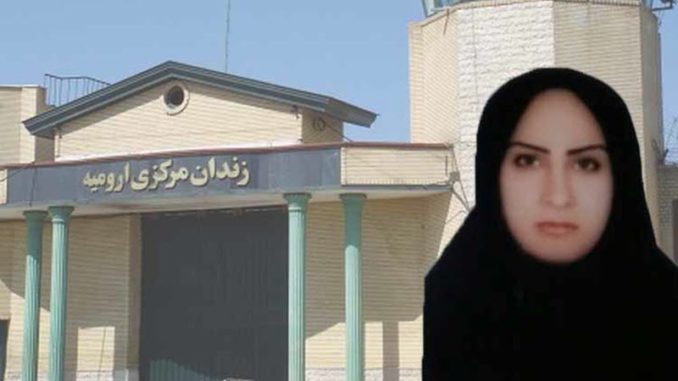
Zeinab Sekaanvand, victim of domestic and sexual violence, who was arrested as a child, is executed by Iranian authorities after unfair trial.
Amnesty International has urged Iranian authorities to halt execution of a 24-year-old Iranian Kurdish woman who was sentenced to death after a grossly unfair trial that included forced confessions and limited access to a lawyer at the age of 17.
Zeinab Sekaanvand was due to be executed by the Iranian Regime on Tuesday, October 2, for the murder of her husband, whom she was married to when she was just 15 years old. She was just an underage juvenile at the time of the alleged crime and also during the “grossly unfair” trial, according to Amnesty International.
After several months of physical and verbal torture, she was forced to tell the police officers that she had stabbed her husband. She requested divorce but her (abusive) husband refused her requests.
Philip Luther, Amnesty International’s Research and Advocacy Director for the Middle East and North Africa, said: “The Iranian authorities must urgently halt their plans to execute Zeinab Sekaanvand… The authorities must immediately quash Zeinab Sekaanvand’s conviction and grant her a fair retrial without recourse to the death penalty, and in accordance with principles of juvenile justice.”
Sekaanvand had no access to legal representation until her final trial session in October 2014, at which point she retracted the “confessions” she had made and reported that male police officers had tortured her through prolonged beatings for 20 days after her arrest in February 2012.
She told the judge that her husband’s brother, who she said had raped her several times, had committed the murder and that he told her that if she accepted responsibility, he would pardon her by his right under Islamic law as the family (brother) of the victim and she would not be harmed.
It made no difference, however, as the court didn’t and wouldn’t investigate. She was sentenced to death under Qesas (retribution in kind) after being convicted of the murder at age 17, as the court even ignored the juvenile sentencing provisions in Iran’s 2013 Islamic Penal Code. The International Covenant on Civil and Political Rights and the Convention on the Rights of the Child, both ratified by Iran, ban execution of juvenile offenders.
Sekaanvand, who was on death row in Urumieh prison, had a pregnancy test performed on her on September 29, which came back negative, so she was subsequently moved to solitary confinement in preparation for her execution on October 1. Her family were told to come and say goodbye on that date.
It may be too late for Sekaanvand, but it is not too late for all other people who are held on death row in Iran, most of whom have also been subjected to unfair trials.

